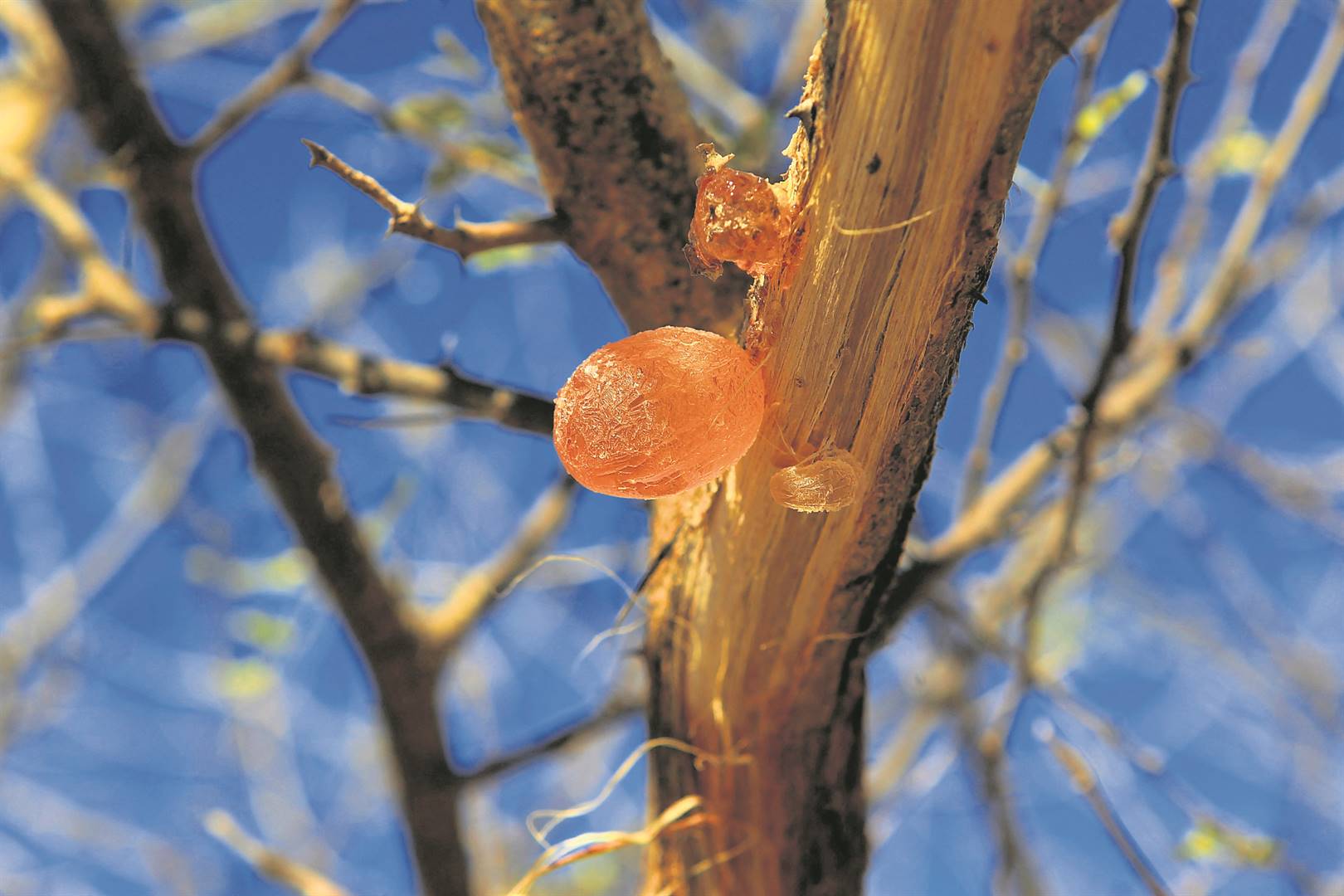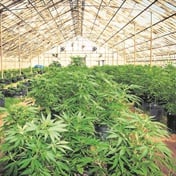
Sudan’s eruption into conflict has left international manufacturers of consumer goods racing to shore up supplies of gum arabic, one of the country’s most sought-after substances and a key ingredient in everything from fizzy drinks and sweets to cosmetics.
About 70% of the world’s supply of gum arabic, for which there are few substitutes, comes from the acacia trees in the Sahel region that runs through Africa’s third-largest country, which is being torn apart by fighting between the army and a paramilitary force.
However, prior conflicts have tended to be focused in far-flung regions such as Darfur.
This time, the capital Khartoum has been brought to a standstill in the fighting that broke out on April 15, paralysing the economy and disrupting basic communications.
“Depending on how long the conflict continues, there may well be ramifications for finished goods on the shelf – branded goods made by household names,” says Richard Finnegan, a procurement manager at the Kerry Group, which supplies gum arabic to most major food and beverage firms.
Cloetta, a Swedish confectioner that makes Läkerol Salvi lozenges using gum arabic, has “ample” stock of the ingredient, a spokesperson disclosed in an email.
Global production of gum arabic is about 120 000 tons a year, worth $1.1 billion (R19.9 billion), according to estimates cited by the Kerry Group.
Most is found in the “gum belt” that stretches across 900km from the east to the west of Africa, where arable land meets the desert, including in Ethiopia, Chad, Somalia and Eritrea.
READ: Food inflation likely to decline in July
Twelve exporters, suppliers and distributors say trade in the gum, which helps bind together food and drink ingredients, has ground to a halt.
‘CAN’T EXIST WITHOUT GUM ARABIC’
The Kerry Group and other suppliers, including Sweden’s Gum Sudan, say communicating with contacts on the ground has been difficult and Port Sudan – from where the product is shipped – has been prioritising civilian evacuations.
“Our suppliers are struggling to secure necessities because of the conflict,” says Jinesh Doshi, the managing director of Vijay Bros, an importer based in Mumbai. “Both buyers and sellers are clueless about when things will normalise.”
He says he sells the gum to Nexira SAS, based in Rouen, France, and to the US’s Westchester, Illinois-based Ingredion, two major ingredient suppliers to manufacturers of products such as pet food, fizzy drinks and nutrition bars.
A spokesperson for Ingredion wrote in an email: “We have proactive measures in place across our business to ensure the continuity of supply for our customers.”
Both PepsiCo and Coca-Cola declined to comment on supply chain and commodity issues. Dani Haddad, marketing and development director of Agrigum, a global top-10 supplier says:
In their manufacturing processes, food and beverage companies use a spray-dried version of the gum that is powder-like, say industry sources. While cosmetics and printing manufacturers might be able to use substitutes, there is no alternative for gum arabic in fizzy drinks, in which it prevents the ingredients from separating.
As a sign of its importance to the consumer goods industry, gum arabic has been exempt from US sanctions against Sudan since the 1990s, both because it is a critical commodity and for fear of creating a black market.
It accounts for the livelihoods of thousands of people and the more expensive variety can cost as much as $3 000 per ton, according to Gum Sudan.
There is a poorer-quality, cheaper gum from outside of Sudan, but the preferred ingredient is only found in acacia trees in Sudan, South Sudan and Chad, says Alnoor.
READ: Where should I invest my short term cash?
Fawaz Abbaro, the general manager of Savannah Life Company in Khartoum, says he has purchase orders and had planned to export 60 to 70 tons of gum arabic, but doubts whether he will be able to do so because of the conflict.
“It’s not stable even to get food or drink. It’s not going to be stable for business,” says Abbaro. “All trading will be jammed for the time being.”




 Publications
Publications
 Partners
Partners









